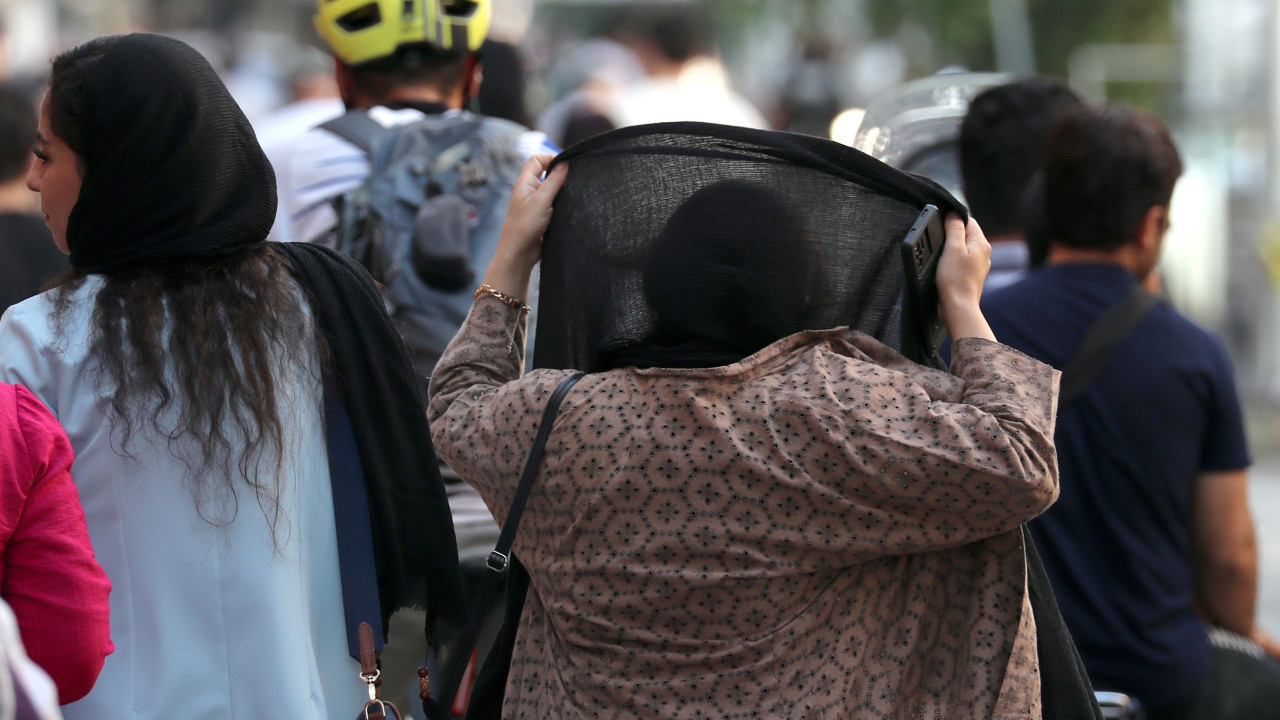
O submission of the “Support Bill for the Culture of Chastity and Hijab” to a judicial and cultural commission was approved with 175 votes in favor, 49 against and five abstentions from the total of 238 deputies present, according to the official page of the parliament, reported the EFE.
Thus, the executive avoids presenting the law before the 290 deputies and the public debate that this implies, as well as “a movement against the hijab”, in addition to reviewing the numerous amendments presented, months before the March legislative elections.
The project will be studied and voted on behind closed doors by a judicial and cultural commission, which has the capacity to approve the diploma “in test mode” during a period of three to five years, something allowed by the Constitution of Iran.
The diploma, with 70 articles, establishes penalties such as fines, prison sentences of up to five years, car seizure and driving ban, in addition to salary cuts and other labor income or the ban on accessing banking services.
The chairman of the parliament’s justice commission, which will study the law, Mousa Ghazanfaribadi, said today that “if every day there are sins related to chastity and the hijab, this is due to the delay in passing the law”.
Conservative Houssein Ali Haji Deligani also claimed that it was necessary to approve the text in this way because “the situation has no limits, it is getting worse”.
“We have to avoid an anti-hijab movement,” he added.
Even so, deputies such as Gholamreza Nouri Qezeljeh showed their opposition to the legislative project, considering that it focuses too much on punishing the lack of veiling, which entails risks.
The movement against the imposition of the hijab began on September 16, after young Mahsa Amini died after being detained by Tehran’s morality police, triggering strong protests for months across the country.
Since then, many Iranian women have stopped wearing a veil, a piece that represents a visible form of discrimination they suffer, which goes far beyond the obligation to cover their heads.
The Iranian authorities have resorted to various methods to restore the use of the Islamic veil with the return to the streets of the feared morality police and punishments such as cleaning corpses or scrubbing public buildings.
The president of Iran, Ebrahim Raisí, said this week that “this removing the veil will definitely end” and accused women who do not wear it of being “unconscious”.
Also Read: Iranian filmmaker Ali Ahmadzadeh wins Golden Leopard in Locarno
Always be the first to know.
Seventh consecutive year Consumer Choice for Online Press.
Download our free App.

Source: https://www.noticiasaominuto.com/mundo/2380058/irao-aprova-envio-de-lei-do-veu-para-comissao-sem-debate-parlamentar



